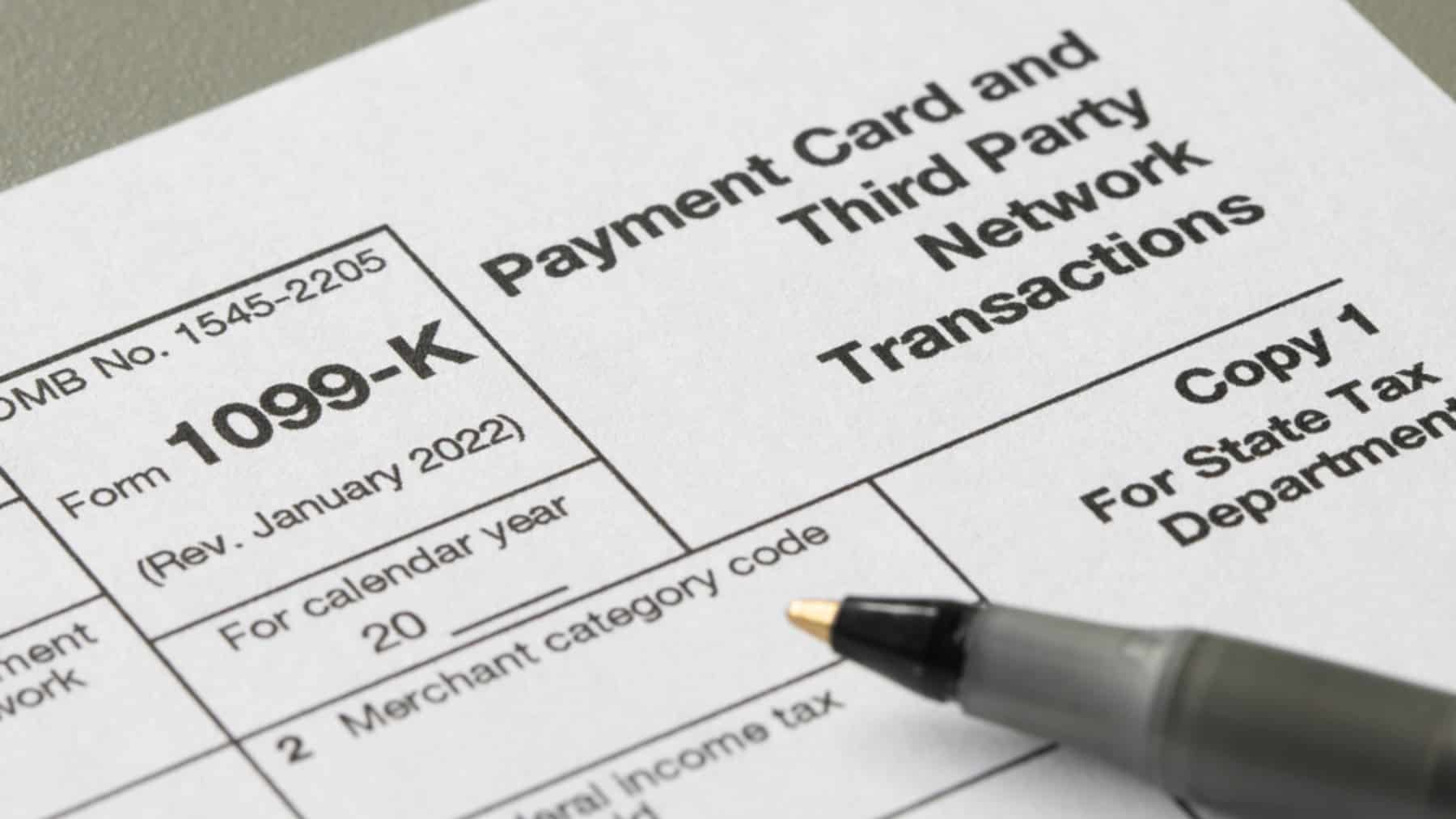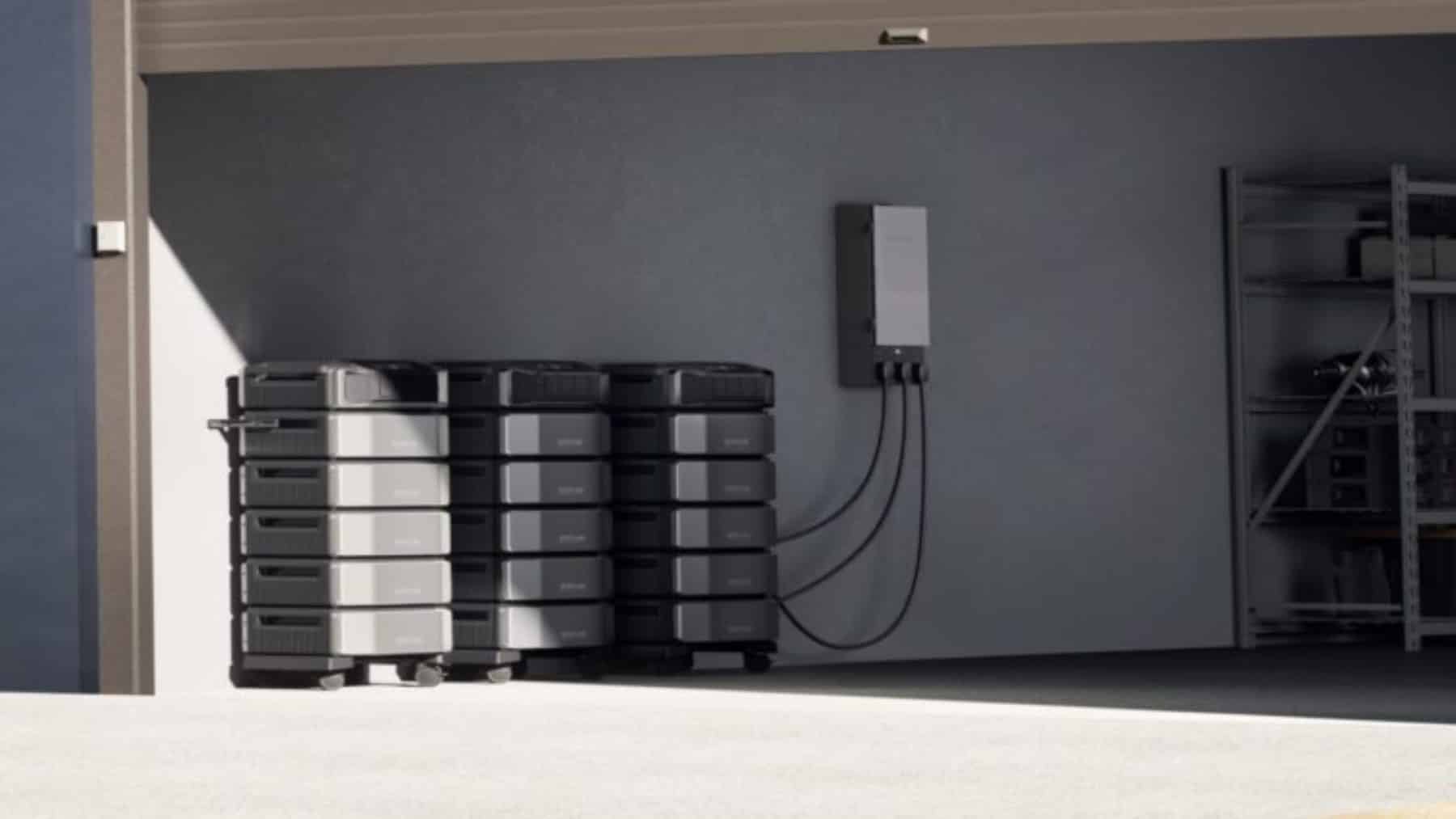As if the level of exposure of our data through the use of our mobile devices, computers, laptops, or tablets wasn’t enough, our car is also a source of data collection that we’re not even aware of. The Mozilla Foundation analyzed the privacy practices of car brands in 2023, and although there is no definitive count of the amount of data a modern car collects, they acknowledged that cars are the worst product category regarding privacy. Turning the steering wheel, unlocking doors, onboard services, navigation systems, GPS, sensor or camera data are just some of the normal interactions with a car that are fully recorded.
The problem is not only the collection of data but also its sale to third parties. This was the case with General Motors, which was sanctioned with a ban on disclosing data collected from its drivers after being accused by the Federal Trade Commission (FTC). Andrea Mico, founder of Privacy4Cars, offers a free service on vehicleprivacyreport.com, through which they provide a summary of what your car might be tracking. Additionally, owners can also check this data by entering their vehicle’s identification number (VIN).
For her part, Lauren Hendry Parsons from Mozilla explains that the settings related to consent for data collection can be revoked at any time by the individual. Some brands, such as Toyota, Ford, or BMW, allow this to be done from their onboard computers. Drivers can even request that manufacturers restrict the use of their personal data, according to Consumer Reports, as they are protected by state privacy laws.
Is your car spying on you?
Modern, technologically advanced cars offer a much more comfortable driving experience in terms of accessibility, with collision avoidance detours, parking or lane steering sensors, GPS, voice assistance, and many other features. However, all the information we give to the car (often without realizing it) is recorded, gathering a large amount of information about our driving habits and other personal information, which raises concerns about the destination of that data.
After analyzing the privacy practices of more than 25 car brands in 2023, the Mozilla Foundation determined that it is the worst category in terms of privacy. Drivers are not aware of the amount of information that gets recorded: turning the steering wheel or unlocking the doors, but also data from connected onboard services, such as satellite radio, GPS navigation systems, connected devices, telematic systems, as well as data from sensors or cameras.
Where does that data go?
That is the main concern in this matter. This data often ends up in the hands of insurance companies, marketing firms, and even unknown data brokers. It was precisely for this reason that the Federal Trade Commission accused General Motors of sharing this type of data without the driver’s consent, for which it was sanctioned for 5 years.
How can I know what data my car collects?
The founder of Privacy4Cars, Andrea Mico, advises drivers to know exactly which data their car is collecting. “But manufacturers don’t always provide this information, and dealership staff are not always well-informed,” she explained. Through her website vehicleprivacyreport.com, she offers a free service with a summary of the data that could be tracked in your vehicle. To do this, you just need to enter the Vehicle Identification Number (VIN), and you can check if the manufacturer’s data is shared with insurers, data brokers, or law enforcement.
You can revoke privacy permissions
Not all is lost, or so it seems. According to Lauren Hendry Parsons from Mozilla, there are permissions in the settings that you can modify. Check the settings thoroughly and review the available options. Brands like Toyota, Ford, and BMW allow you to modify privacy settings from your onboard computer, although they warn that disabling them also means some features, such as connecting devices, will not be available. The use of personal data can even be restricted from the factory. According to Consumer Reports, this is possible due to state privacy laws that protect Americans, stating that their personal data cannot be shared and must be deleted.





